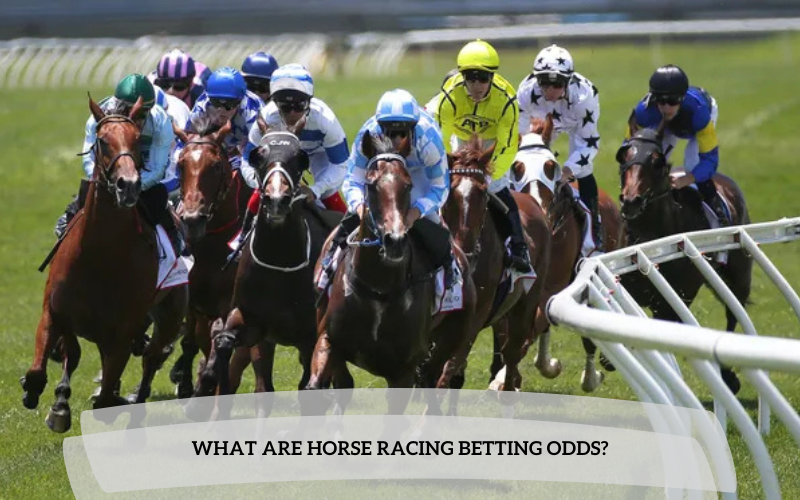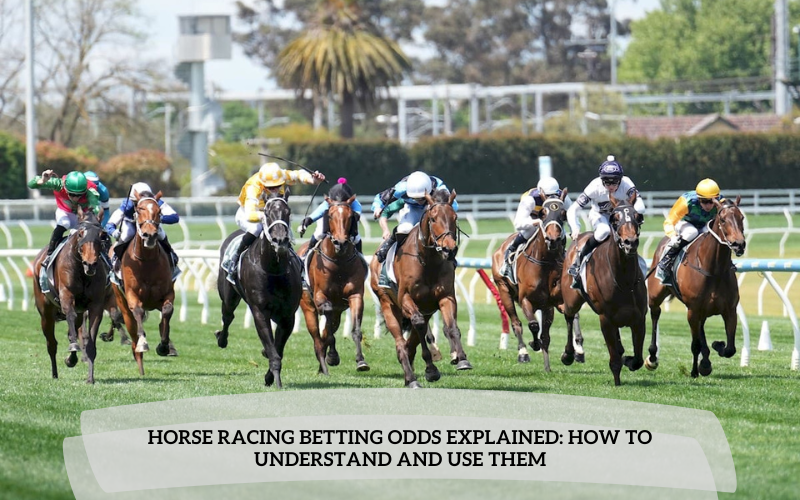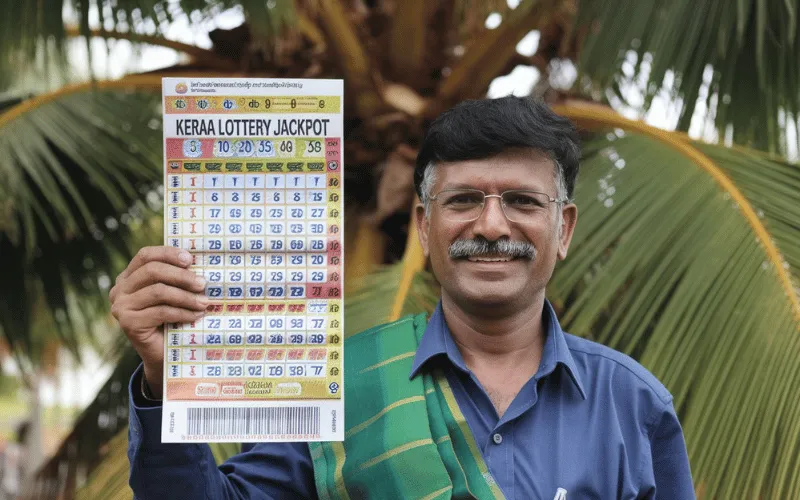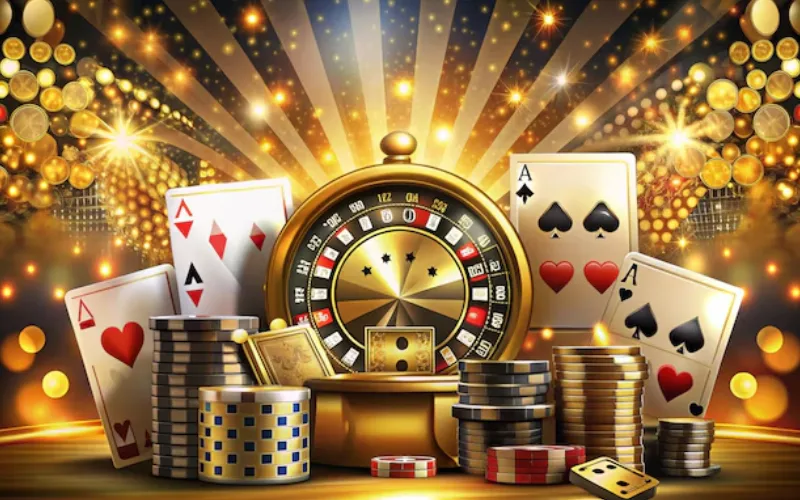Horse racing betting odds are key to understanding how much you can win from a bet. Odds tell you the likelihood of a horse winning and the payout if you bet correctly. This article will break down horse racing betting odds in simple terms, helping beginners understand how to use them and make informed decisions.
What Are Horse Racing Betting Odds?

Horse racing betting odds are numbers used to show how likely a horse is to win a race and how much money you can earn if you bet on that horse. They are usually displayed in two ways: fractional odds and decimal odds. Both show the probability of an event happening (like a horse winning), but the format differs based on where you’re placing your bets.
How to Understand Horse Racing Betting Odds
To understand horse racing betting odds, it’s essential to break them down into two key factors: probability and payout.
Probability
The odds show the chances of a horse winning a race. Low odds, such as 2/1 or 1.50, indicate that the horse is more likely to win. Higher odds, such as 10/1 or 15.00, mean the horse is less likely to win, but the potential payout is much higher. This is because the risk is greater when betting on an underdog.
Payout
The odds also show how much you can earn from your bet. The higher the odds, the bigger the payout. For example:
- If a horse has odds of 4/1 and you bet 10 units, you will win 40 units plus your original 10 units back, for a total of 50 units.
- If a horse has odds of 1.50 and you bet 10 units, you will win 5 units plus your original 10 units, for a total of 15 units.
Common Terms in Horse Racing Betting Odds
Understanding some simple betting terms can make navigating horse racing easier.
- Odds-on: When the odds of a horse are less than 1/1 (e.g., 4/5), meaning the horse is favored to win. An odds-on favorite usually offers a lower payout.
- Longshot: A horse with high odds (e.g., 25/1) is considered a longshot, meaning it is unlikely to win but offers a higher payout if it does.
- Each-way Bet: This type of bet means you are betting on a horse to either win or finish in a high position (usually 1st, 2nd, or 3rd). Each-way bets are popular in horse racing because they increase your chances of winning something back.
Factors That Affect Horse Racing Betting Odds
Odds in horse racing can fluctuate before a race starts. Several factors can cause changes in odds:
- Form of the Horse: A horse’s previous performance in recent races. If a horse has been consistently winning, its odds may shorten (meaning you win less if it wins).
- Jockey’s Skill: The jockey riding the horse plays a crucial role. Well-known and skilled jockeys can lower the odds of a horse winning.
- Track Conditions: Weather and track conditions can affect a horse’s chances of winning. Wet or muddy tracks can change how horses perform.
- Betting Trends: The more people bet on a particular horse, the shorter its odds will become.
How to Use Horse Racing Betting Odds to Improve Your Bets
Knowing how to read horse racing betting odds is important for making smarter bets. Here are some tips to improve your betting strategy:
Compare Odds from Different Races
Always check the odds for multiple horses in a race. Some horses may offer better value, meaning the potential payout is worth the risk. Compare how each horse has performed recently and factor that into your decision-making process.
Balance Risk and Reward
Betting on favorites may feel safer, but it doesn’t always offer the best payout. Try placing a mix of bets on both favorites and longshots. Longshot bets can offer great returns, but you should balance them with safer bets to avoid losing too much.
Keep an Eye on Changing Odds
Horse racing betting odds can change quickly based on various factors. Keep track of any changes in odds up until the race begins. If you notice a horse’s odds getting shorter, it could mean there’s insider confidence in that horse’s performance.
See more: Horse Betting Explained: Simple Guide for Beginners
Conclusion
Horse racing betting odds are essential for understanding how much you can win and how likely a horse is to win a race. By learning how to read and calculate both fractional and decimal odds, you can make smarter bets and improve your chances of success. Remember to consider the factors that influence the odds and balance your risk by placing bets on both favorites and longshots. Following these simple tips can help you enjoy horse racing betting more and potentially increase your winnings.










